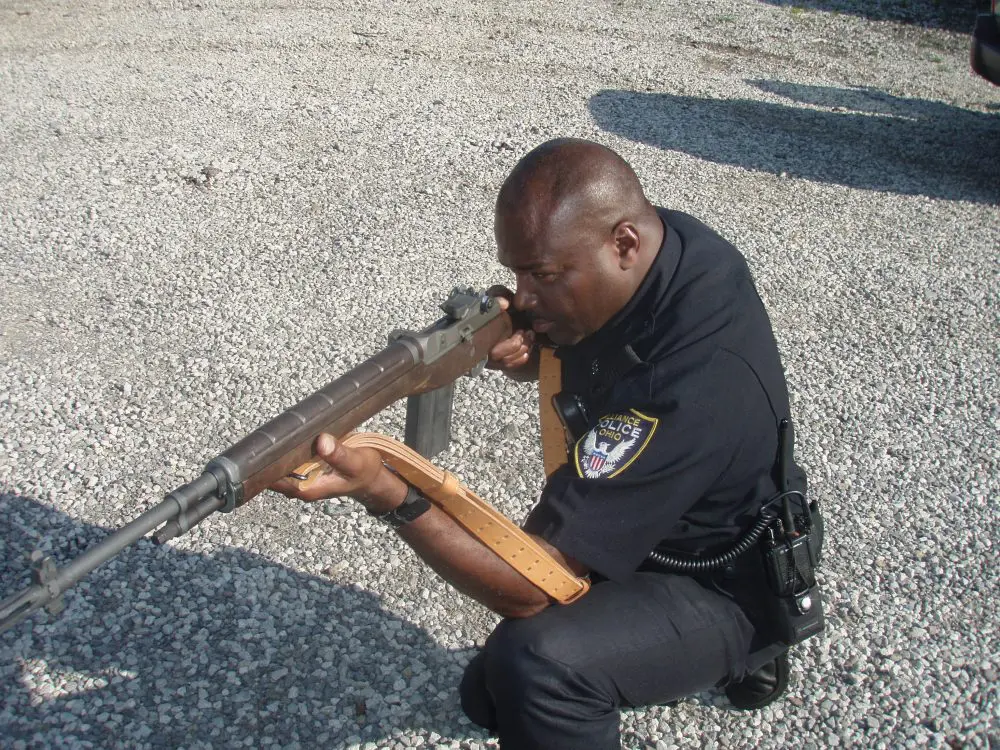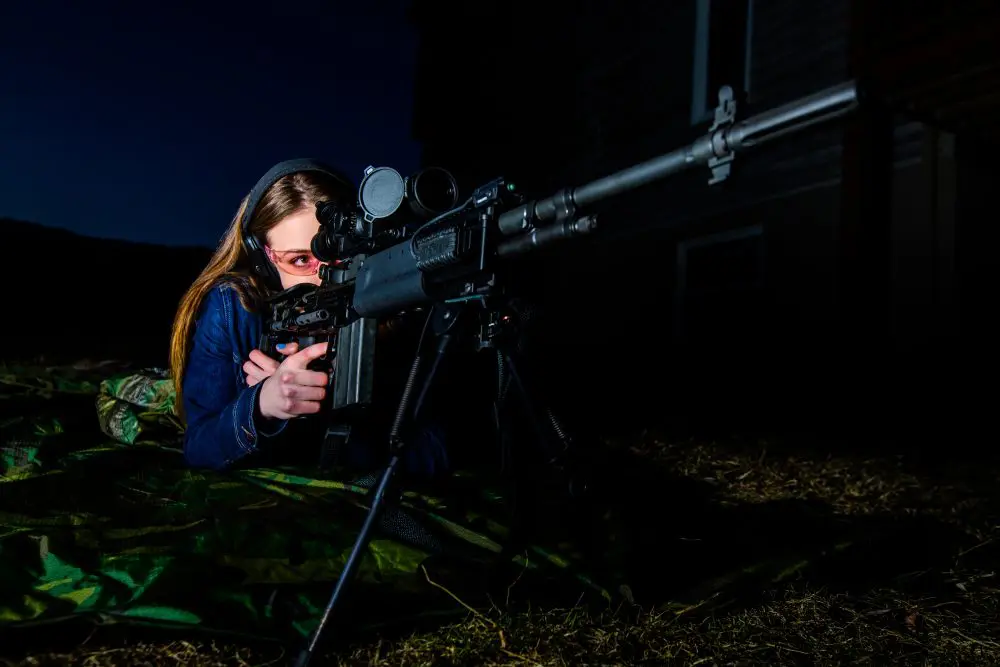Can we just stop all this surviving for a minute or two? I’ve decided that the most overused word in the English language has changed from “tactical” then to “extreme” and now finally to “survival.”
As Exhibit A, take a look at the cable television schedule. Every program that isn’t about talentless wealthy people having lunch (see Keeping Up With the Kardashians) or inbred hillbillies doing wacky hillbilly things seems to be about outdoor survival. I’ve been in the woods quite a bit lately and you can’t swing a dead cat without hitting a survival expert and his film crew.
Out of curiosity and at the urging of several friends, I finally watched one of these programs. What I saw alternately depressed me and made me so angry that I was shouting at the TV screen like a crazed televangelist.
Being intentionally vague to avoid one of those unpleasant libel lawsuits, the program I saw focused on an extremely earnest, quasi-mystical host who led unprepared people into the outdoors to learn survival-type skills such as building a fire. Using ominous music and well-timed video cuts, the show made their initial failure to start a fire seem like an imminent death sentence despite the obviously pleasant weather and the likelihood that everyone was 20 feet from a production trailer.
Speaking as someone who has done a bit of television, the actual greatest concern for the cast and crew was probably that the production caterers might run out of prime rib.
In that regard, I became enraged to the point of spittle flying when the host first pointed out that gathering food typically isn’t an important survival activity, then proceeded to lead the group into various hunting and gathering activities that burned far more calories than it provided. In other words, such actions would prove counterproductive in a real-world crisis, but it did make for lively television.
I understand that the unwashed masses generally won’t watch a straight documentary on things like fire-building and lizard-skinning. But conversations with the everyday folks I encounter indicate that too many are taking these shows far too literally, like the people who learned their firearms handling skills at the movie theater from Mel Gibson and Bruce Willis.
I’m not saying the hosts are imposters. Most of those guys have done and lived things that I won’t even dream about. But I am certain that due to the vagaries of television, they are presenting a distorted picture of what it takes to survive outdoor emergencies with minimal resources.
For example, I had a conversation with a friend who is a big fan of a certain survival personality. My buddy is confident that during either a major societal crisis or lost-in-the-wilderness scenario, he will be able to “live off the land” reasonably well after watching all the exploits of his hero.
When I reminded him that the land isn’t particularly edible, he confidently rattled off several different plant species the host had eaten. Never mind that my friend had never actually tried to identify, gather, prepare and eat the aforementioned foods himself.
I suppose, using this logic, that I could land a commercial passenger jet safely because I’ve read two books about it and spent a few hours on the home PC flight simulator.
Then there was the bigger issue that I couldn’t envision a realistic set of circumstances in which my friend would find himself adrift in the wilderness. We won’t even address his Mad Max, eat-your-shrubbery societal breakdown scenario that I always find ludicrous.
Here’s the sharpened point of this rant: television, especially the “reality” version, is entertainment. If you really plan on surviving that “lost in the woods/desert/arctic” situation, shut off the boob tube, do some factual research and, above all, get out there and practice!
While getting dirt under your fingernails, you need to learn from failure when the stakes aren’t quite so high. Furthermore, you must quit focusing on ancillary made-for-TV skills like eating live earthworms and concentrate on the truly important matters: shelter, fire, water, and signaling for help.
Wilderness backpacking is a great way to build survival skills. Your first excursion might be plagued with blue skies and mild temperatures, but if you stay with it long enough, there will be days when having the skills to stay warm, dry, hydrated, and located are more than niceties—they are literally life-saving.
In the end, regardless of what you think you might have learned via osmosis from TV, if you haven’t actually built a shelter from scratch, gathered wild food, butchered a critter, and drunk water you sanitized yourself, you haven’t yet graduated survival kindergarten.
It doesn’t matter that you already own the TV host’s officially endorsed Huge Macho Knife, Survival Back Pack, Tactical Fire Starter, Milspec Toilet Paper Dispenser, and Multipurpose Survival Underwear (“Now with sequins for ground-to-air signaling!”).
In the end, forget all the electronic “infotainment” and remember the critical Rule of Three: You will live three minutes without air, three hours without shelter, three days without water, but at least three weeks without food. If you possess enough well-honed skills to solve the first three problems without much ado, the rest is gravy—even if the catering truck is running late.





